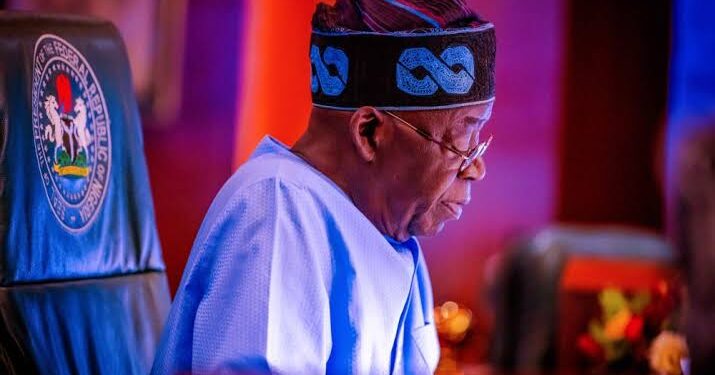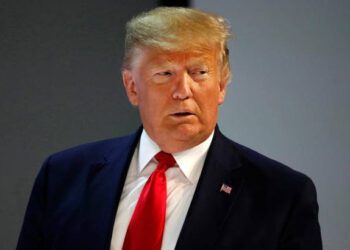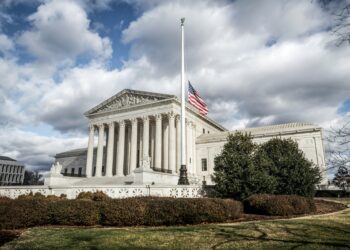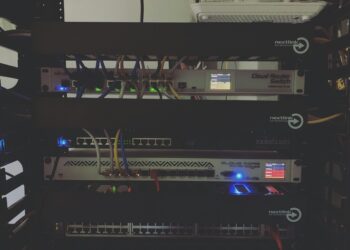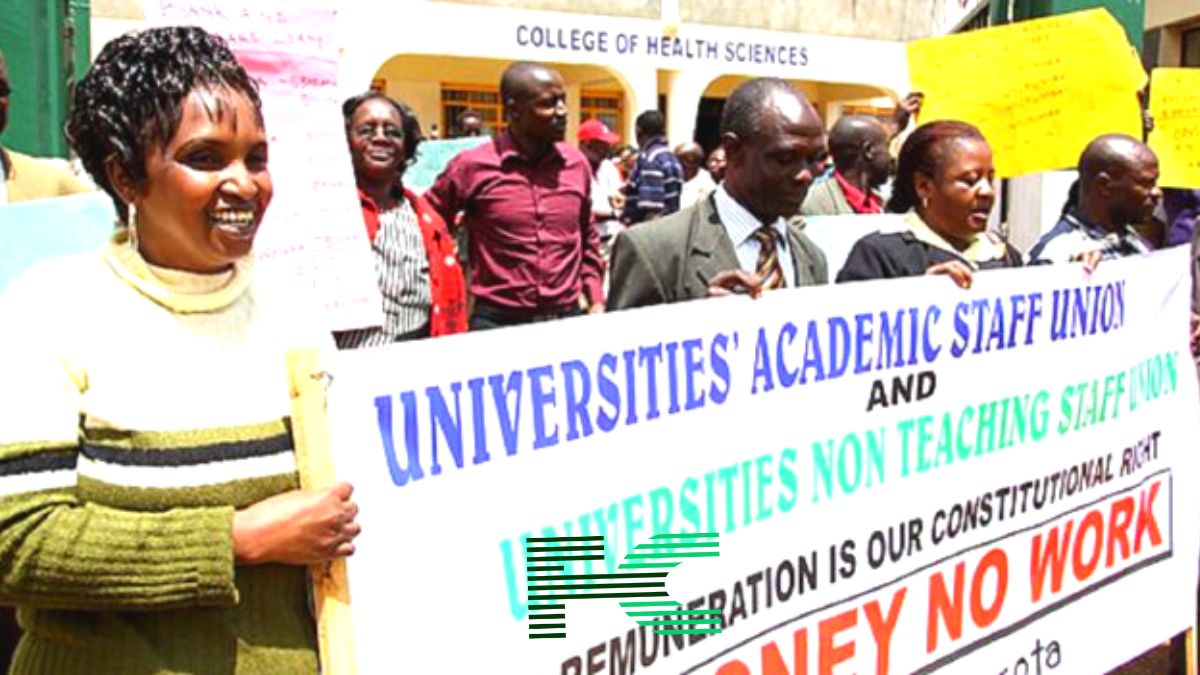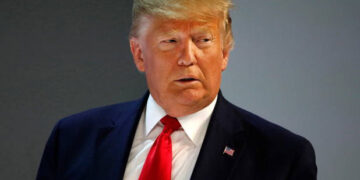The Socio-Economic Rights and Accountability Project (SERAP) has urged President Bola Tinubu to use his leadership position and good offices to direct the Nigerian National Petroleum Company Limited (NNPCL) to immediately reverse the apparently illegal and unconstitutional increase in the pump price of premium motor spirit (PMS), also known as petrol, across its retail outlets.
SERAP urged him to direct the Attorney General of the Federation and Minister of Justice, Mr Lateef Fagbemi, SAN, and appropriate anti-corruption agencies to investigate the allegations of corruption and mismanagement in the NNPC, including the spending of the reported $300 million ‘bailout funds’ collected from the Federal Government in August 2024, and the $6 billion debt it owes suppliers, despite allegedly failing to remit oil revenues to the treasury.
SERAP stated:
“Suspected perpetrators of alleged corruption and mismanagement in the NNPC should face prosecution as appropriate, if there is sufficient admissible evidence, and any proceeds of corruption should be fully recovered.”

In an open letter dated September 7, 2024, and signed by SERAP deputy director Kolawole Oluwadare, the organisation stated:
“The increase in petrol price constitutes a fundamental breach of constitutional guarantees and the country’s international human rights obligations.”
SERAP stated; “Nigerians have for far too long been denied justice and the opportunity to get to the bottom of why they continue to pay the price for corruption in the oil sector.
The letter reads in part: “Rather than pursuing public policies to address the country’s growing poverty and inequality, and holding the NNPC accountable for alleged corruption and mismanagement in the oil sector, your government appears to be punishing the poor.”
“The rising cost of petrol has made it impossible for citizens who are already poor to meet their basic needs for survival.”
“The increase is not inevitable because it results from the continued disregard for accusations of wrongdoing and corruption in the oil industry by successive governments, as well as the impunity of those who are suspected of committing these crimes.”
“Persistent and unlawful increases in petrol prices are the result of corruption in the oil sector and a lack of transparency and accountability in the use of public funds to support the operations of the NNPC.”
“It would serve legitimate public interests to hold the NNPC accountable for alleged corruption and mismanagement in the oil sector.”
“The growth is causing enormous difficulty for the less fortunate. We are concerned that as Nigeria’s economic condition deteriorates, the rise in petrol prices is forcing people further into poverty.
“We would like it if the proposed actions were completed within 48 days of receiving and/or publishing this letter.
If we do not hear from you by then, SERAP will consider taking appropriate legal action to compel your government to comply with our request in the public interest.”
“Increasing petrol prices at a time when millions of Nigerians continue to face worsening economic conditions is entirely inconsistent with your government constitutional and international obligations to ensure the minimum living conditions compatible with human dignity.”
“The arbitrary increase has placed a disproportionate burden on the marginalised and most vulnerable sectors of society, particularly those disadvantaged by poverty.”
“The rise is exacerbating and worsening the nation’s socioeconomic conditions and seriously endangering their living conditions as well as the physical, emotional, and personal development of individuals.”
“The degree to which the increase impairs Nigerians’ ability to exercise and enjoy their human rights and makes their civic engagement illusory makes it a serious human rights issue.”
“Every Nigerian has the fundamental right to life, which includes the right not to have that right arbitrarily taken away from them and the right to access the conditions necessary to live a dignified life.”
“The increasing levels of poverty and inequality in the nation have had a detrimental impact on Nigerians’ right to participatory democracy and their capacity to engage in their own governance.”
“Persistent increase in petrol prices keep people in poverty which in turn perpetuates discriminatory attitudes and practices against them.” “Your government has a legal obligation to mobilise the maximum of the country’s available resources to ensure people’s socio-economic rights and to protect the most vulnerable and disadvantaged Nigerians.”
“Your government also has the legal duty to protect victims of corruption by ensuring that they have access to justice and effective remedies, as well as to investigate and prosecute allegations of corruption and mismanagement in the NNPC.”
“Investigating and prosecuting claims of corruption and mismanagement in the oil industry would be fully compliant with both Nigeria’s international anti-corruption commitments and the country’s constitution.”
“Your administration is clearly required by Section 13 of the Nigerian Constitution 1999 [as amended] to comply with, observe, and implement the requirements of Chapter 2 of the constitution. Your government is required by Section 15(5) to abolish all corrupt practices, including those within the NNPC.
“Your government is tasked with securing the maximum welfare, freedom, and happiness of every citizen on the basis of social justice and equality of status and opportunity, according to Section 16(1) of the Constitution.
“The nation’s material resources are harnessed and distributed as best as possible to serve the common good,” according to Section 16(2).
“Our information indicates that the Nigerian National Petroleum Company (NNPC) Limited has raised the price of premium motor spirit (PMS), commonly referred to as petrol, throughout all of its retail locations.
” The product’s price went up from roughly N600 to N855 per litre, and in certain cases, it was even more than N900.
The alleged illegal hike in petrol prices came after a shortage brought on by suppliers reportedly refusing to import fuel for the NNPCL due to a $6 billion debt. According to the recently released 2020 annual report by the Auditor-General of the Federation, the NNPC allegedly neglected to deposit USD $2.04 billion and N164 billion in oil proceeds into the public coffers.
In Essence
The hike in petrol prices, particularly at a time when Nigerians are grappling with economic challenges, raises serious questions about the management of the country’s resources and the welfare of its citizens.
SERAP’s concerns echo the frustration many Nigerians feel, as the rising cost of living exacerbated by increasing fuel prices makes daily survival more difficult for millions of people. The NNPC’s alleged mismanagement and failure to remit funds to the treasury compounds these issues, as it raises concerns about how Nigeria’s resources are being used or misused.
SERAP’s emphasis on constitutional obligations and international human rights principles underscores that this is not just an economic issue but also a human rights matter. By framing the fuel price increase as a violation of citizens’ rights to a dignified life, they are highlighting the broader consequences of corruption in the oil sector.

